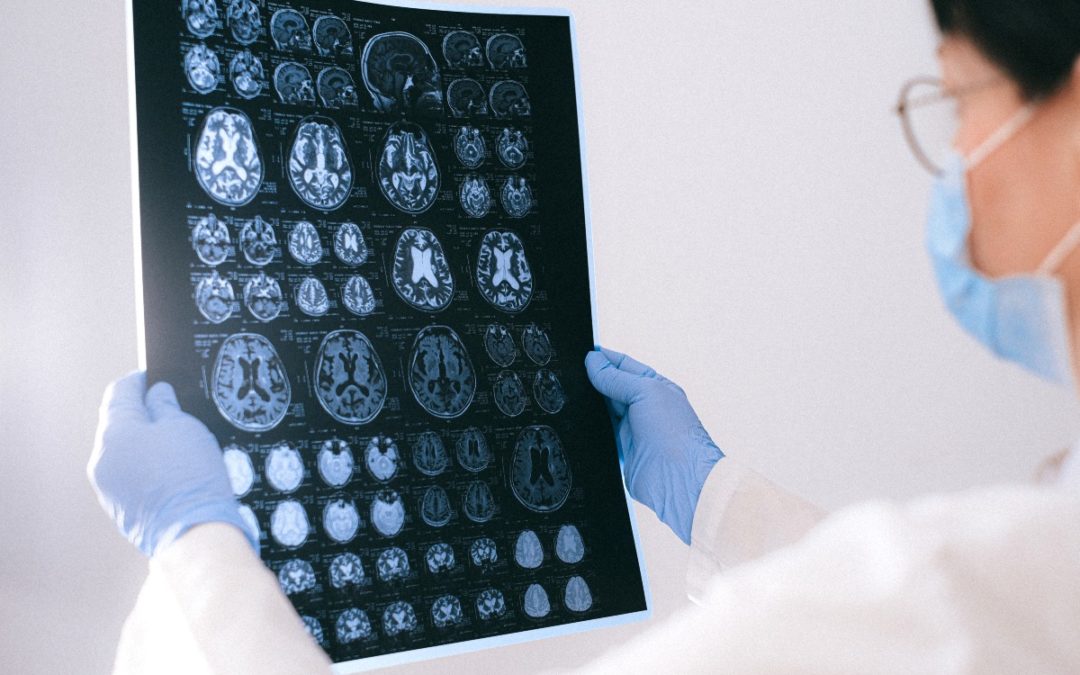As we discover new information and new techniques for addiction recovery, we are slowly bettering the options available. Reviewing the current scientific research, you can develop a better understanding of the recovery procedures that are in place and the data behind them. As science is consistently progressing, our methods to help individuals through the recovery process will likely change over time.
Addiction: A Curable Disease?
One reassuring piece of information that has been discovered is that addiction is treatable. The brain scan images of an individual who was using high amounts of methamphetamine and is now sober show that the brain was able to return to a healthy state after the individual went through treatment.
Addiction is not fully considered a curable disease because there is always still a potential for relapse. Although it is not curable, addiction is treatable, and many of its effects can be reversed if treated immediately. Working to reverse these effects takes a great deal of dedication and commitment, but it can be done.
A relapse is often viewed as a sign of failure. However, relapse is a common occurrence when someone is working to overcome an addiction. Because relapses occur so often, the disease of addiction cannot fully be considered curable. Using strategies to help prevent future relapses and maintain sobriety can help you to regain control of your life and help your body heal from addiction.
Different Recovery Approaches
There are a variety of different recovery options available, each with varying levels of effectiveness. Working with your treatment team, you can help to determine which treatment plan is most suitable for you and your long-term success. The following recovery options are commonly used within addiction recovery.
Behavioral Therapy
Behavioral therapy can be extremely beneficial for the implementation of new actions and habits to counteract the negative habits of the addiction. Along with alteration of habits, this form of therapy can help alleviate any emotional concerns or stress that you may encounter throughout the recovery process. This form of therapy is essential when working with medication-assisted treatment or co-occurring disorders. There are different types of behavioral therapy, each providing its own set of benefits.
Cognitive-Behavioral Therapy
Cognitive-behavioral therapy (CBT) is a specific form of behavioral therapy that is often used to help individuals recognize and cope with their current situations. With addiction, CBT can help you to understand the point of addiction you are currently engaged in and develop a clear mindset of how to move forward without the substance. This form of treatment has been shown to improve your overall quality of life through its different practices.
Medication-Assisted Treatment
Medication-assisted treatment (MAT) is commonly used when treating opioid addictions. Certain medications can be used to ease withdrawal symptoms and prevent cravings to continue the use of opioids.
As MAT has been studied, it does not appear to be effective unless combined with other therapeutic forms. Medication use on its own often leads to relapse and further struggles with addiction. However, using medication in addition to other forms of treatment can be extremely beneficial for recovery from certain addictions.
12-Step Programs
12-Step programs are a strong focus in many treatment plans. This program is an evidence-based practice that has been used to help treat addictions in many forms. While the steps are based on a religious viewpoint, research has shown that the steps positively affect our dopamine reward system regardless of one’s religious affiliation or spiritual beliefs. This system plays a large role in the development of an addiction and can be hard to alter once addiction sets in. Using these steps can help you to overcome the addictive properties of your body’s natural reward circuit and allow your mind to take control of your decisions and sobriety.
Which Option Is Best?
There are many more options for treatment beyond the ones discussed above. Each form in this article is effective in some way based on current addiction recovery research. As science continues to develop, our resources to help people in recovery will continue to improve.
As you review the treatment options available, you may feel overwhelmed by the need to choose which one(s) to use in your recovery plan. The truth is, that no method is universal. Each recovery plan is catered to the individual’s needs and focused on their unique situation with different treatment methods implemented. Discussing your options with your treatment team of professionals can help you discover the right path for your recovery.
Keep in mind that most treatment methods work more efficiently when combined with other methods. It is rare for individuals to recover with only one tactic at play. Implementing a variety of strategies can help you to establish a well-rounded background through recovery and have the ability to maintain sobriety throughout your future.
As we review the different methods of recovery, you may wonder how these strategies have been implemented in a variety of recovery centers. Each recovery method has a strong scientific backing to show how effective it can be for certain situations. Although each recovery form may be generally effective, it may not work for everyone. This shows the importance of finding a recovery path that suits your needs and includes multiple aspects to best help you overcome an addiction. Addiction is treatable even though it often takes time to figure out the best recovery methods to use for your journey. The ultimate goal of each therapeutic form is the same: to help you maintain sobriety and live a healthier and more fulfilling life. To learn more about the science behind recovery and the different recovery methods that are commonly used, reach out to Dream Recovery at (949) 732-1960.


Recent Comments